
Article
The New Potato
Breeders seek a breakthrough to help farmers facing an uncertain future
Science,
2019
Recommendation
The ubiquitous potato, a worldwide food staple, suffers from climate change and growing human populations. As developing countries increasingly depend on tubers for nutrition security, researchers work to develop strains resistant to drought, heat, disease and bug infestations. The lengthy process includes a mix of traditional breeding and genetic manipulation. Scientists cross standard varieties with wild potatoes containing desirable new traits, often discovered in remote locations. Can potatoes contribute to solving world hunger?
Summary
About the Author
Erik Stokstad is a reporter for Science magazine, covering environmental issues and research.
By the same author
Article
Learners who read this summary also read
Book
Book
Article
Book








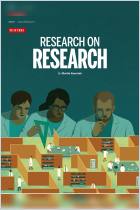


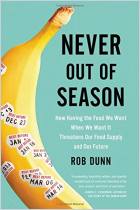
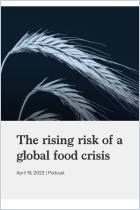
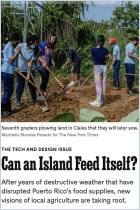
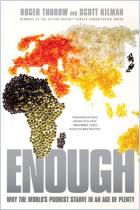
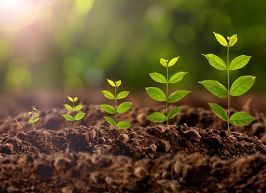






Comment on this summary or Start Discussion